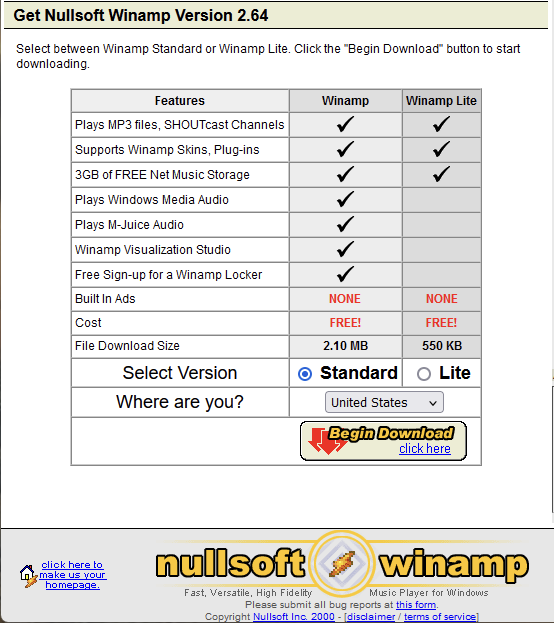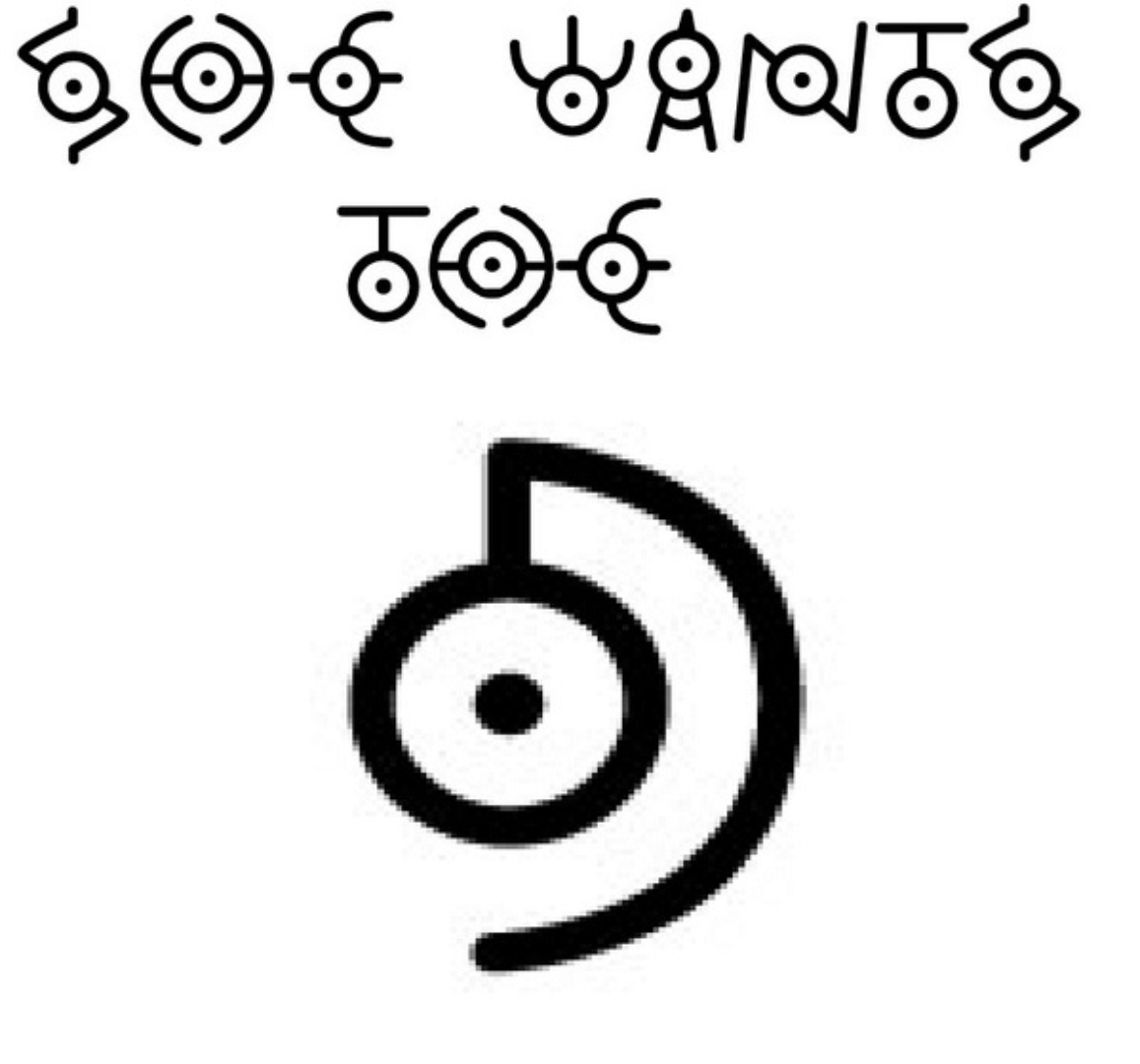I used VLC before and ill continue using VLC
I use audacious. It’s perfect.
Same even my school used vlc wayy before I knew floss software
VLC UX kinda sucks, but it does everything I need it to.
Agreed, considering VLCs functionality it can look ugly as hell
I am proud to be one of the 2.6k people who illegally forked winamp
I just use Audacious with a winamp skin. Looks identical but actually FOSS.
Been doing this recently too. I’ve just got the default Winamp skin, but it’s so nice to have that part of my childhood back.
I’m using foobar2000. Should I be using something else?
Still miss foobar which isn’t on Linux, though deadbeef is fairly similar at least. Never got the hang of all the beautiful themes/skins users put together for foobar but it was still my go to music player. Excellent layout customisation, tagging and conversion UI, as well as as nice range of plugins
I really like deadbeef, coming from fb2k as well. Someone recommended it to me two weeks ago, and I’ve immediately recognized the similarities.
Foobar’s Dev should have just taken their project open source imo. Although I suspect winamp’s lawyers would have jumped on that.
Foobar is still the best there is, although the classic style interface might not appeal to younger people.
I’m an old soul so I use music bee with the Tron skin, it’s very 2000s
vlc my beloved
Unsurprising given that their repo’s license was a contradictory mess
Anyways I’d recommend using Strawberry instead
It’s an actual Free and Open Source music player:
Strawberry doesn’t support about a dozen audio formats I use, so until it’s got wider support I have to pass.
You have support for .wav .flac .mp3 .opus, why would you use anything else?
Because hard drives aren’t getting any bigger lately and I don’t want to multiply the size of my videogame music collection by ten?
You are saving your music in a format more efficient than opus or aac? What format is that?
Chiptune formats for retro videogame music can be very efficient. Just picking two with particularly good music, I have a 21 KB (0.02 MB) file storing 28:30 of music and 4.72 MB of files storing 1:54:48 of music, both at source quality.
The catch is that they are designed exclusively to rip chiptunes from retro videogames as close as the format designers and player coders could manage to the original. So even the oversized ones like the 4.72 MB of files extracted from a 3 MB game are going to be far smaller than a general use format like opus. But you can’t encode your own music in the format without going to massive effort to code it like you would an authentic chiptune, and you’re unlikely to like the results.
Can you name the format you’re using to store 1:54:48 of music in 4.72 MB?
Those are SPC files, and that particular example was one rip of Final Fantasy VI (III)'s soundtrack.
Unfortunately, it only handles music embedded in Super Famicom/Super Nintendo games. To convert your own music to SPC, you’d have to rewrite it for the SNES sound chip.
I mostly use mpv to play local music nowadays. (Most of the music I play is streamed using a Navidrome server with Feishin as the frontend.) Back when I did use a proper audio player on Linux, Harmonoid was my go-to.
Lovely that it is open source, but dear lord that UI is a blast from the past 😂😂 👴👵🏚️
It’s an Amarok fork, so yes
Oh that makes sense. I think I last used Amarok 20 years ago.
So that’s why I thought: finally a viable Amarok replacement.
Most players out there seem to be built for like 40 songs?
Well, that really sucks the llama’s ass.
Uhhh
How does this affect the average music enjoyer who plays mp3s on winamp like it was 1999?
It’s more likely to survive the company if it’s FOSS. The app was dormant for a long time.
Can someone explain me what’s the business model of an app that’s free for three decades? They claim to have 100 devs, how can they pay them?
I think I tried Winamp back in the day but never really understood it.
One has to admit it’s good that they released the source code (while it was available) so users can learn what their software is actually doing on their computer. Better for yourself as a dev too, as you will probably avoid including other people’s work in yours. However, wanting contributions while retaining the exclusive right to distribute the software is anti collaborative. I’m reluctant to say it might as well be proprietary again but since it doesn’t meet the standard of software freedom then it’s still not worth trying on my computer.
I think I tried Winamp back in the day but never really understood it.
What was there not to understand? It was a basic music player with playlist functionality, a plugin infrastructure to support playback of pirated music in underground formats like MP3, at the price of completely free and no ads (the website had banners but not the player).

Not sure what I could have expected from it back then. I just recall it being recommended online and ended up just using Win Media player (with the cool graphical effects).
And rightly so! Save the Llamas!














